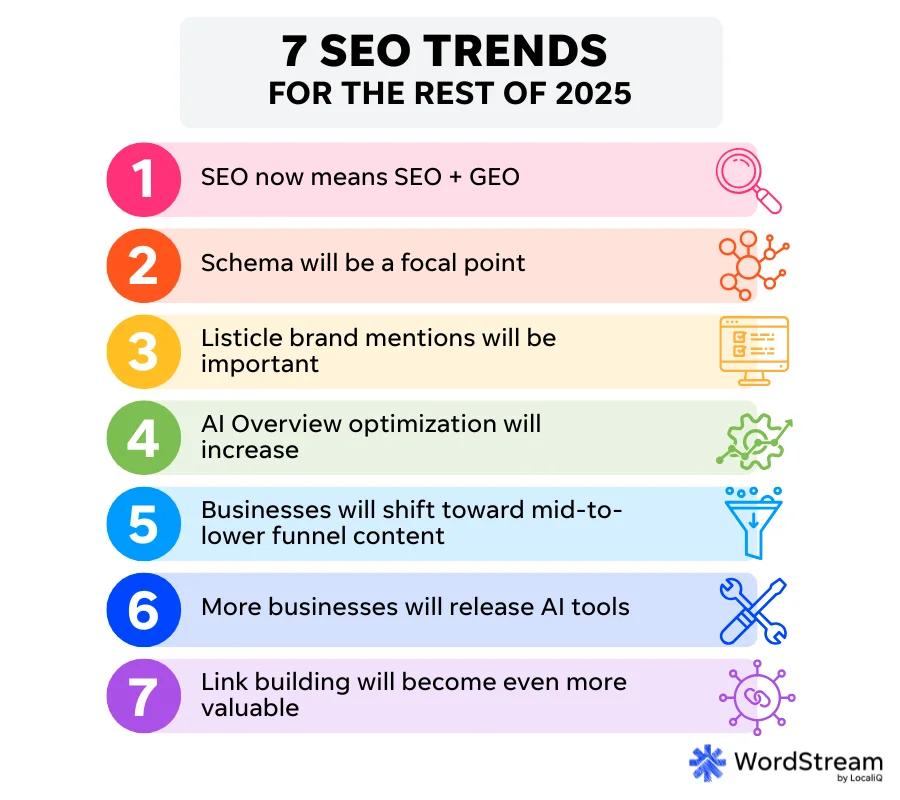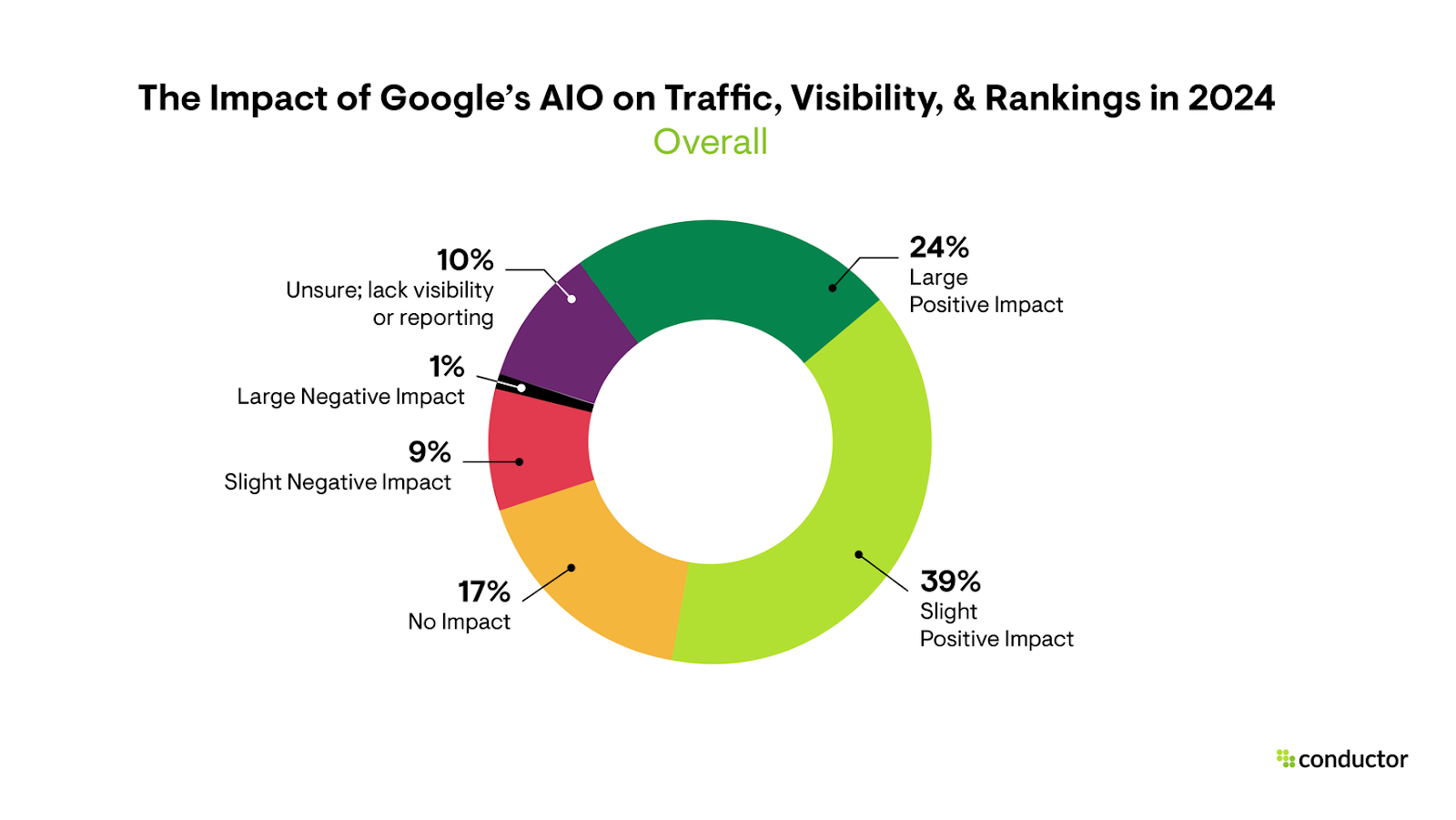Discover the essential SEO strategies for 2025 with this comprehensive guide. Learn how search engines work, the latest ranking factors, and actionable tips for optimizing content, technical performance, and user experience to boost your website’s visibility and organic traffic.
Search Engine Optimization (SEO) has evolved dramatically over the last decade—but its importance has only grown. With search engines becoming more intelligent and user expectations rising, businesses must adopt more strategic, holistic, and user-centric SEO methods to stay competitive.
This comprehensive guide breaks down what SEO is, why it matters, how search engines work, and what you can do today to optimize your website for long-term success.
What Is SEO?
Search Engine Optimization (SEO) is the practice of improving your website so search engines like Google, Bing, and other platforms can:
- Understand your content
- Match it to relevant search queries
- Present it to users who are actively seeking your products, services, or information
Effective SEO increases organic (non-paid) visibility, drives long-term traffic, boosts credibility, and enhances conversions.
How Search Engines Work
Before optimizing, you must understand how search engines operate. The SEO process revolves around three core functions:
1. Crawling
Search engine bots scan the internet to discover pages.
2. Indexing
Pages are analyzed and stored in a database.
3. Ranking
When users perform a query, search engines rank indexed pages by relevance, quality, and user experience.
Your SEO strategy should ensure your content is:
✔ Easy to crawl
✔ Properly indexed
✔ High-quality and relevant
Types of SEO
1. On-Page SEO
Focuses on optimizing elements within your website:
- Keyword research
- Content optimization
- Title tags, meta descriptions, headings
- URL structure
- Internal linking
- Image alt tags
2. Off-Page SEO
Actions taken outside your website:
- Backlink building
- Brand mentions
- Guest posts
- Social signals
- PR
3. Technical SEO
Ensures your website is technically sound:
- Page speed optimization
- Mobile-friendliness
- XML sitemaps
- Structured data (schema markup)
- HTTPS security
- Core Web Vitals performance
4. Local SEO
For businesses with physical locations:
- Google Business Profile optimization
- Local citations
- Reviews
- Localized keywords
Essential SEO Strategies for 2025



4
1. Prioritize Helpful, High-Quality Content
Google’s algorithm strongly rewards content that is:
- Accurate
- Helpful
- Comprehensive
- Written for users, not bots
Tips for effective SEO content:
- Target search intent (informational, navigational, commercial, transactional)
- Use clear headings and structure
- Provide unique insights
- Update content regularly
2. Use Keyword Research With Intent
Avoid stuffing keywords. Instead, understand why the user searches.
Types of keywords:
- Short-tail: “SEO tips”
- Long-tail: “best SEO tips for small businesses 2025”
- LSI (semantic keywords)
Tools to help:
- Google Keyword Planner
- Ahrefs
- SEMrush
- AnswerThePublic
3. Optimize for EEAT (Experience, Expertise, Authoritativeness, Trustworthiness)
Google evaluates who writes, why they write, and whether they are credible.
How to improve EEAT:
- Display author bios
- Cite reliable sources
- Include testimonials
- Build backlinks
- Show real-world experience
4. Improve Technical SEO & Core Web Vitals
Technical performance is now a major ranking factor.
Key Web Vitals:
- LCP (Largest Contentful Paint): loading speed
- FID/INP: input responsiveness
- CLS: visual stability
Improve by:
- Compressing images
- Using a CDN
- Minifying CSS/JS
- Upgrading hosting
5. Optimize for Voice Search
With smart assistants growing, conversational queries matter.
Optimize by:
- Using natural language in content
- Answering questions clearly
- Adding structured data
6. Strengthen Your Backlink Profile
High-quality backlinks remain one of Google’s strongest ranking signals.
Good backlink sources:
- Guest posting
- Industry directories
- Podcasts
- Digital PR campaigns
- News features
Avoid:
✘ Link farms
✘ Irrelevant links
✘ Paid links that violate Google’s policies
7. Leverage Structured Data (Schema Markup)
Schema helps search engines understand your site.
Examples:
- FAQ schema
- Product schema
- Review schema
- Organization schema
- Local Business schema
Benefits:
- Rich results
- Higher CTR
- Better indexing
8. Focus on User Experience (UX)
Search engines reward websites that provide a smooth experience.
Enhance UX through:
- Clean navigation
- Fast loading times
- Strong internal linking
- Readable typography
- Clear call-to-actions
SEO Mistakes to Avoid
- Keyword stuffing
- Duplicate content
- Ignoring mobile users
- Poor site structure
- Buying low-quality backlinks
- Not analyzing search intent
- Publishing thin or AI-generated content with no value
Tools to Improve Your SEO
Free Tools
- Google Search Console
- Google Analytics 4
- Google Trends
- Google PageSpeed Insights
Paid Tools
- Ahrefs
- SEMrush
- Moz
- Screaming Frog
- Surfer SEO
- Yoast/RankMath (for WordPress)
SEO in 2025 and Beyond
SEO is no longer just about keywords or backlinks—it’s about:
- Delivering real value
- Building trust
- Understanding user behavior
- Optimizing for emerging technologies
Brands that excel in these areas will dominate organic search.



